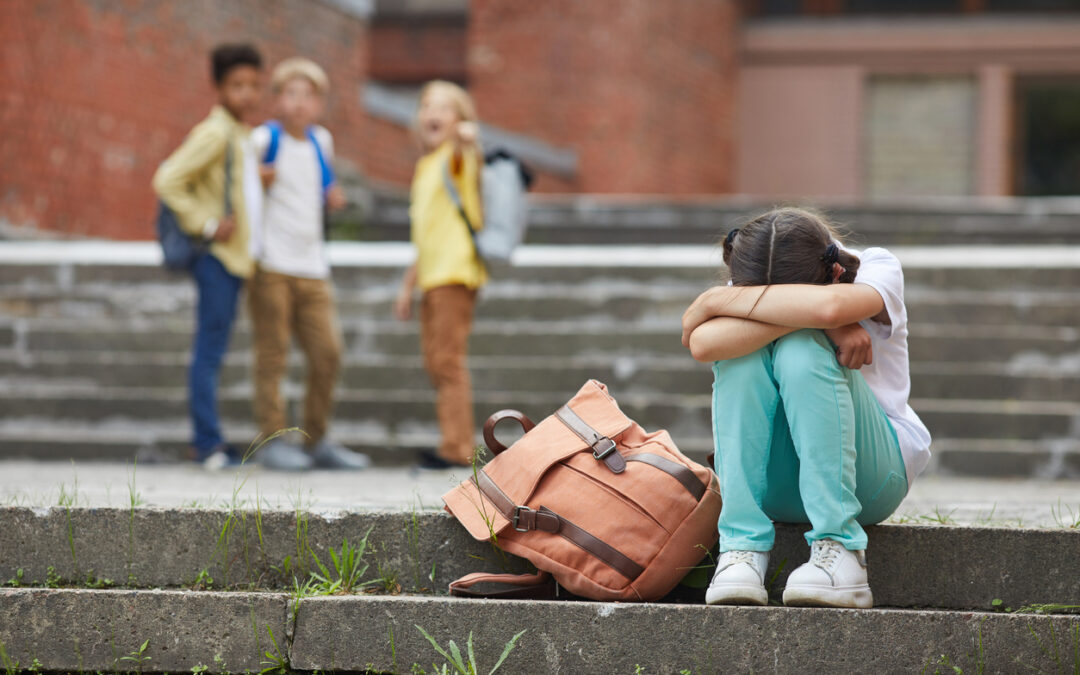Bullying is an act of violence that usually leaves its victim feeling less or unworthy of something or someone.
Bullying includes a single significant act or pattern of acts by one or more students against another student that exploits an imbalance of power and involves engaging in expression (written, verbal, or electronic) or physical conduct that:
(i) physically harms a student, damaging a student’s property.
(ii) is sufficiently severe, persistent, or pervasive enough that the action or threat creates an intimidating, threatening, or abusive educational environment for a student.
(iii) materially and substantially disrupts the educational process or the orderly operation of a school or classroom.
(iv) infringes on the rights of the victim at school.
There are three parties in every incidence of bullying. The bystander, the bully, and the bullied. Every one of these people will be traumatized by this bullying incident.
Usually, physical bullying is more identified among boys and social bullying among girls. However, both forms leave the same scar on the victim. Cyberbullying is another form of bullying.
How can parents protect their children from bullying?
Many times, victims of bullying are subjected to such ordeals because they don’t have something their bully has. As such, they tend to feel less than everyone else, and this leads to their withdrawal from people generally. Thus, parents ought to pay more attention when they notice withdrawal symptoms in their kids. When a normally vivacious child becomes withdrawn, or for instance, hates baseball, which used to be their passion, it can be an indication of bullying.
Some children don’t manifest the usual signs of bullying, so it might be difficult to detect for parents. Having open conversations with your children about serious topics, or topics you know they are passionate about, can help the child relax around you and sometimes they might even bring it up.
Once a parent discovers their child is being bullied, they should make sure to report it. Bullying affects the mental health of a child and could cause the child to grow into a violent or insecure adult. Parents should report every instance of bullying, no matter how minor it appears.
Parents should avoid environments where bullying thrives. A school where bullying is prevalent is a bad environment for any child. This is because a bully incident does not only traumatize the victim, but it also traumatizes the bystanders. So maybe your child wasn’t directly hit, but the mental picture remains in their mind.
Parents should also avoid any environment where bullying is watered down to “it’s all part of the growing process” or “boys can be like that.” Usually, nothing will be done to fix the recurring bullying in such a school.
Every child is unique and powerful in their own space. Every parent should help their child channel this unique strength into love, equality, and fulfillment.
Not always, but sometimes, being a bully or being bullied can relate to a parent missing the signs of bullying behavior at home and not doing what they can to change the child’s behavior. This can be a topic that is discussed in a custody hearing if a parent feels as if the custodial parent isn’t doing their part to prevent bullying.
If you have questions about whether your child being bullied or struggling with bully-type behavior can affect a child custody case, text Leslie today at 361-648-6888.

